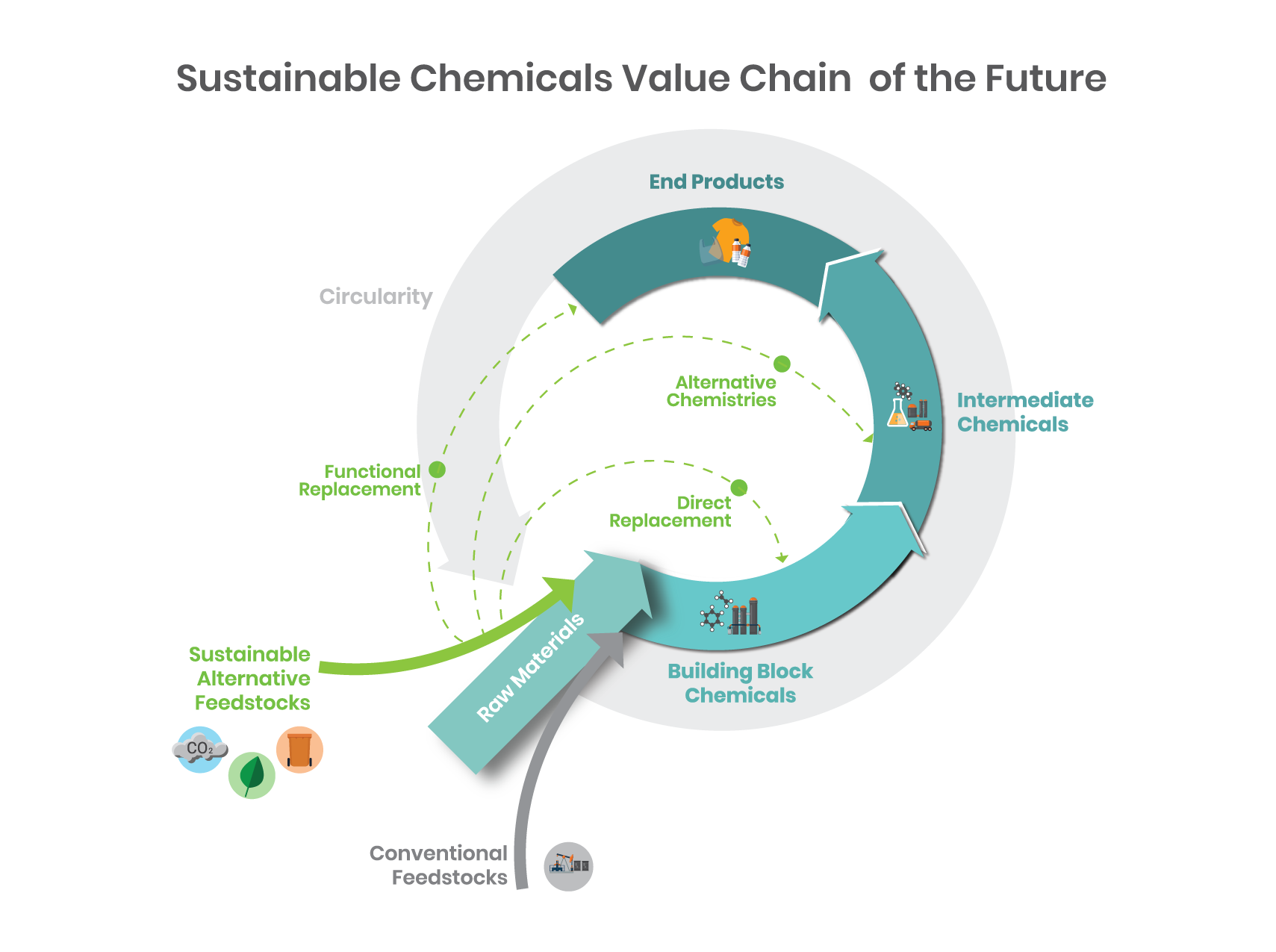Check Out the Large Range of Chemical Products for Industrial and Commercial Use
Check Out the Large Range of Chemical Products for Industrial and Commercial Use
Blog Article
Key Considerations for Choosing the Right Chemical Products to Achieve Effective Integrated Solutions in Your Operations
Selecting the suitable chemical products for integrated solutions in operations requires a multifaceted approach that encompasses various crucial considerations. From assessing chemical compatibility to ensuring adherence to regulatory standards, each factor plays a crucial function in enhancing operational performance and security. Evaluating ecological impacts and distributor dependability can not be overlooked in this detailed decision-making procedure. As companies strive to boost their practices, the interaction of these elements elevates essential inquiries about finest practices and prospective risks that merit additional expedition.
Comprehending Chemical Compatibility

To examine compatibility, one should take into consideration aspects such as the chemical residential properties of the substances included, consisting of pH, concentration, temperature level, and the presence of pollutants. Utilizing compatibility graphes and databases can offer beneficial insights into possible interactions. Furthermore, performing small tests can assist recognize unexpected responses that might not be recorded.
Moreover, comprehending the ecological problems in which the chemicals will certainly be saved or made use of is vital. Elements such as humidity, light exposure, and temperature can influence the stability and reactivity of chemical products. By prioritizing chemical compatibility during the selection process, companies can boost operational efficiency, decrease the risk of accidents, and ensure compliance with safety and security protocols. Inevitably, an enlightened technique to chemical compatibility is fundamental for preserving safe and productive functional atmospheres.
Assessing Governing Compliance
In the complex landscape of chemical item selection, reviewing regulative compliance is vital to guaranteeing not just security yet likewise lawful adherence. Organizations must browse a myriad of regulations, from regional and nationwide laws to worldwide criteria, that govern the use, storage space, and disposal of chemical substances. This requires a detailed understanding of applicable guidelines such as the Occupational Safety And Security and Health Administration (OSHA) requirements, the Epa (EPA) guidelines, and the European Union's Registration, Assessment, Authorisation and Limitation of Chemicals (REACH)
When picking chemical items, it is vital to confirm that providers offer Security Data Sheets (SDS) that detail prospective risks and dealing with demands. Companies should validate that the chemicals abide with industry-specific guidelines, which may impose added terms. Non-compliance can result in severe charges, including penalties and functional shutdowns.
In addition, companies must stay upgraded on regulative changes, as non-compliance can emerge from out-of-date practices. Creating a robust conformity technique, including normal audits and employee training, can assist guarantee adherence to present regulations. Inevitably, prioritizing regulative conformity not only minimizes risk however additionally enhances the organization's track record and operational effectiveness.
Assessing Environmental Influence
Just how can organizations efficiently evaluate the environmental influence of chemical items during the option process? Organizations ought to start by determining the potential threats connected with each chemical, including poisoning, determination in the setting, and bioaccumulation capacity.
Additionally, companies can leverage third-party qualifications and eco-labels that suggest compliance with environmental criteria - Chemical Products. Engaging with suppliers that prioritize sustainability methods can also improve the selection procedure. It is essential to analyze not only the direct results of chemical usage however additionally the indirect impacts, such as power intake and waste generation
Executing life process assessment (LCA) methods can provide extensive understandings right into the ecological footprint of chemical products, highlighting areas for enhancement. By focusing on openness and cooperation with stakeholders, organizations can make informed decisions that line up with their sustainability goals while decreasing adverse environmental outcomes. This proactive method eventually promotes a much more accountable and eco-conscious operational framework.
Evaluating Cost-Effectiveness
While examining chemical products for operational use, companies have to additionally take into consideration cost-effectiveness as a vital consider the choice procedure. This includes check this evaluating not just the first purchase price yet additionally the overall price of possession, which includes Get More Information factors such as use effectiveness, maintenance, and disposal expenses. Chemical Products. A product that shows up low-cost upfront may sustain higher prices in energy consumption or need more constant replacement, inevitably impacting the lower line
Additionally, companies ought to analyze the capacity for cost financial savings through maximized formulas that boost performance and minimize waste. As an example, products that need reduced application rates or provide faster handling times can lead to considerable financial savings over time. It is also important to take into consideration the impact of regulatory compliance expenses, as non-compliance can lead to fines and boosted functional expenditures.
In addition, companies need to evaluate the long-lasting value derived from the chemical products, including improved top quality, raised performance, and boosted safety and security. A thorough cost-effectiveness evaluation equips organizations to make informed choices that straighten with both their monetary goals and operational purposes, eventually resulting in sustainable and reliable methods.
Identifying Provider Reliability
Distributor dependability is critical when selecting chemical items for operations, as it straight influences both item quality and functional efficiency. A dependable distributor constantly delivers top notch products in a timely manner, guaranteeing that your procedures remain undisturbed. To identify vendor integrity, begin by examining their reputation within the market. Look for out reviews, testimonies, and instance studies that highlight their performance and client contentment levels.
Next, take into consideration the distributor's background of compliance with regulations review and criteria. A reliable supplier needs to have a robust quality control program that sticks to sector guidelines. Additionally, review their capability to provide technological support and item information, which is critical for notified decision-making.

Conclusion
In conclusion, picking the ideal chemical items for integrated services requires an extensive assessment of several crucial factors. Recognizing chemical compatibility, making certain governing compliance, evaluating environmental influences, evaluating cost-effectiveness, and determining dependable suppliers jointly contribute to informed decision-making.
Report this page